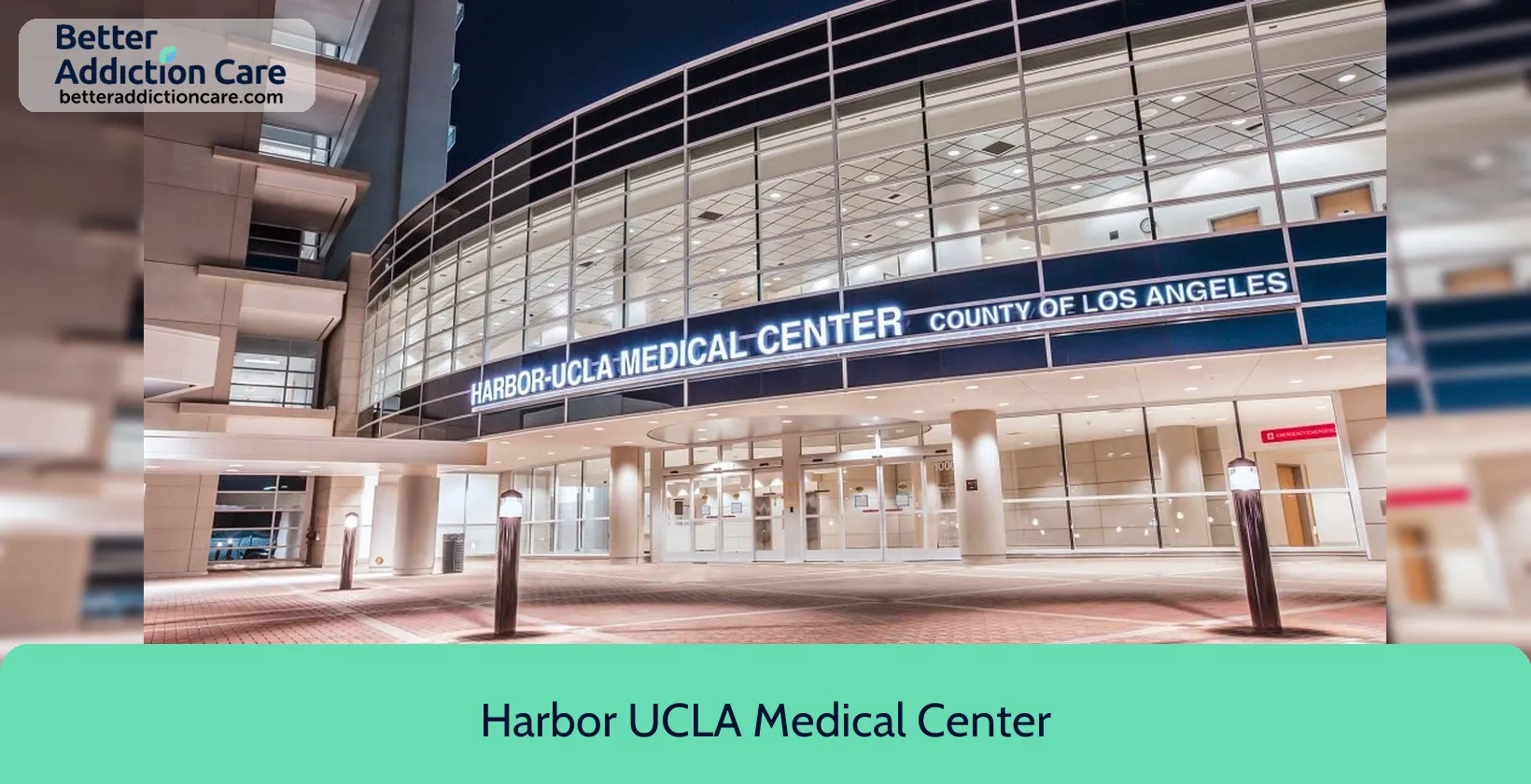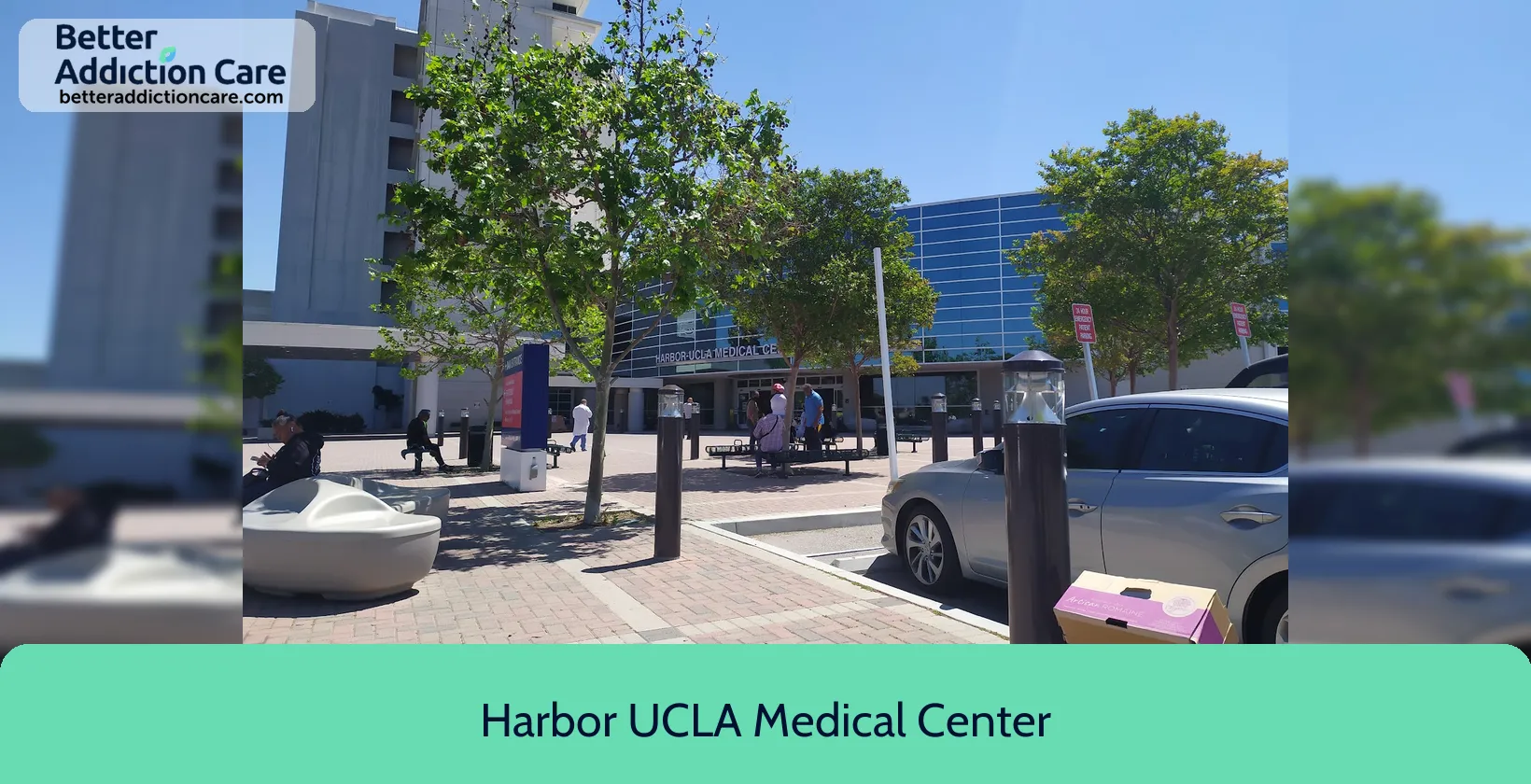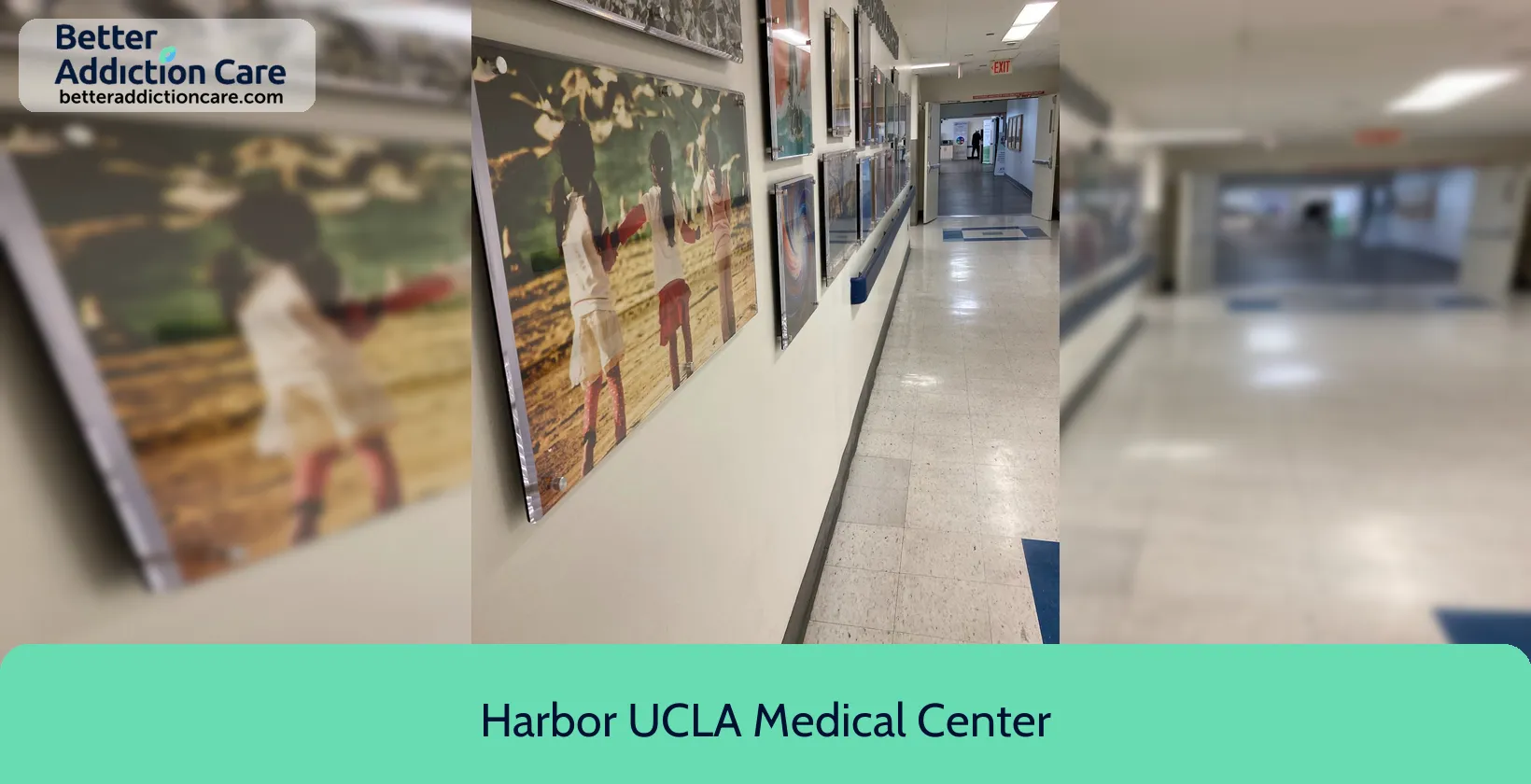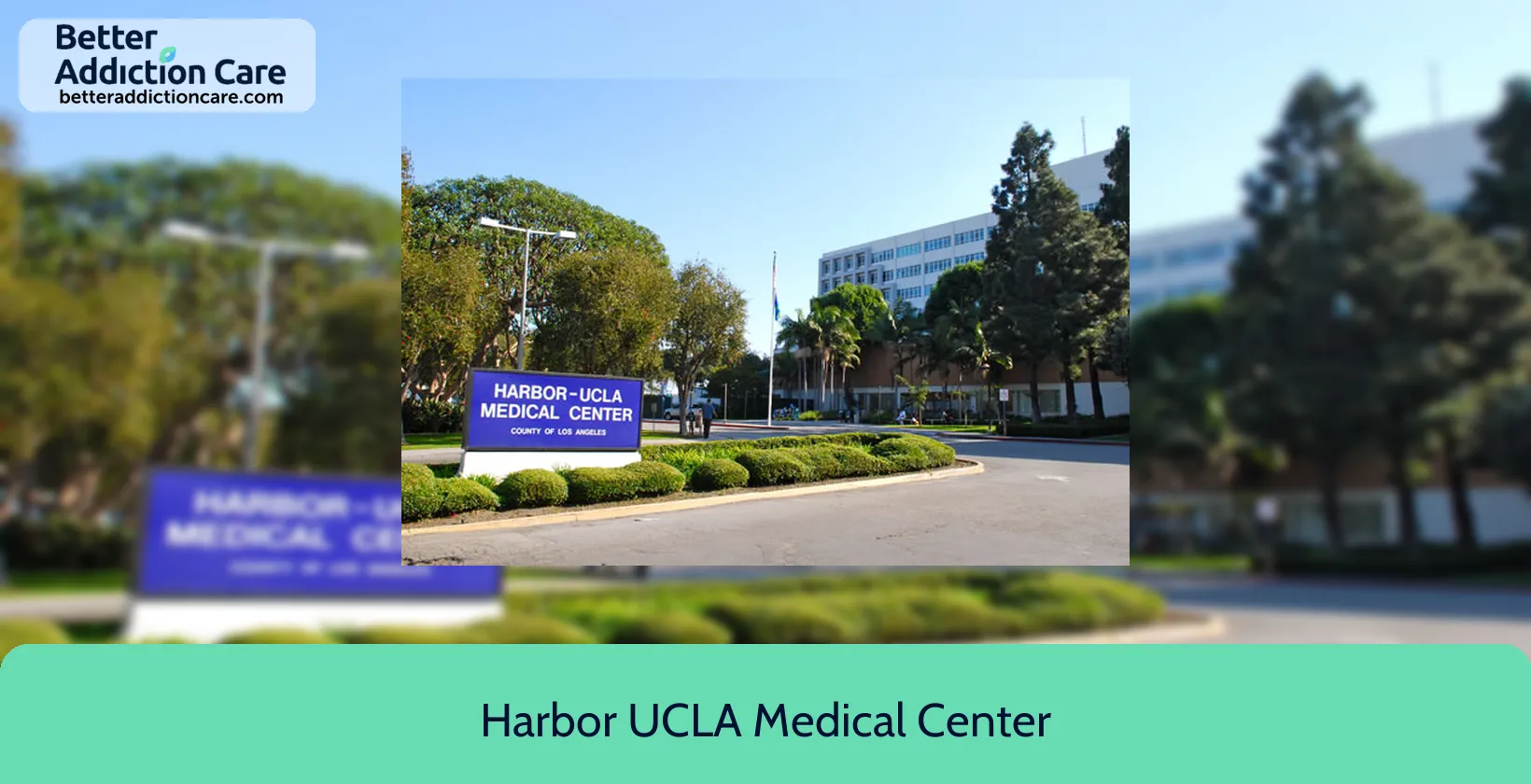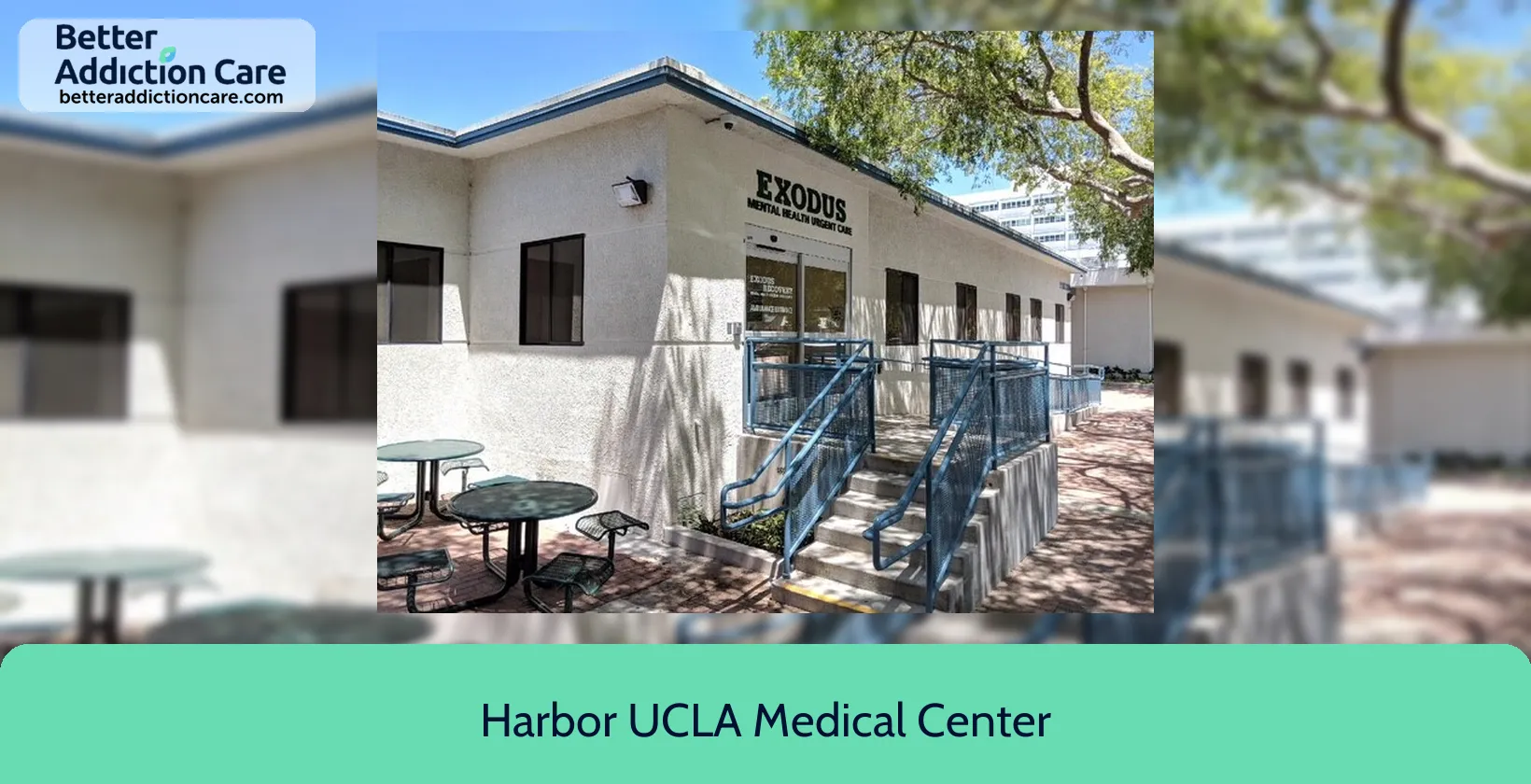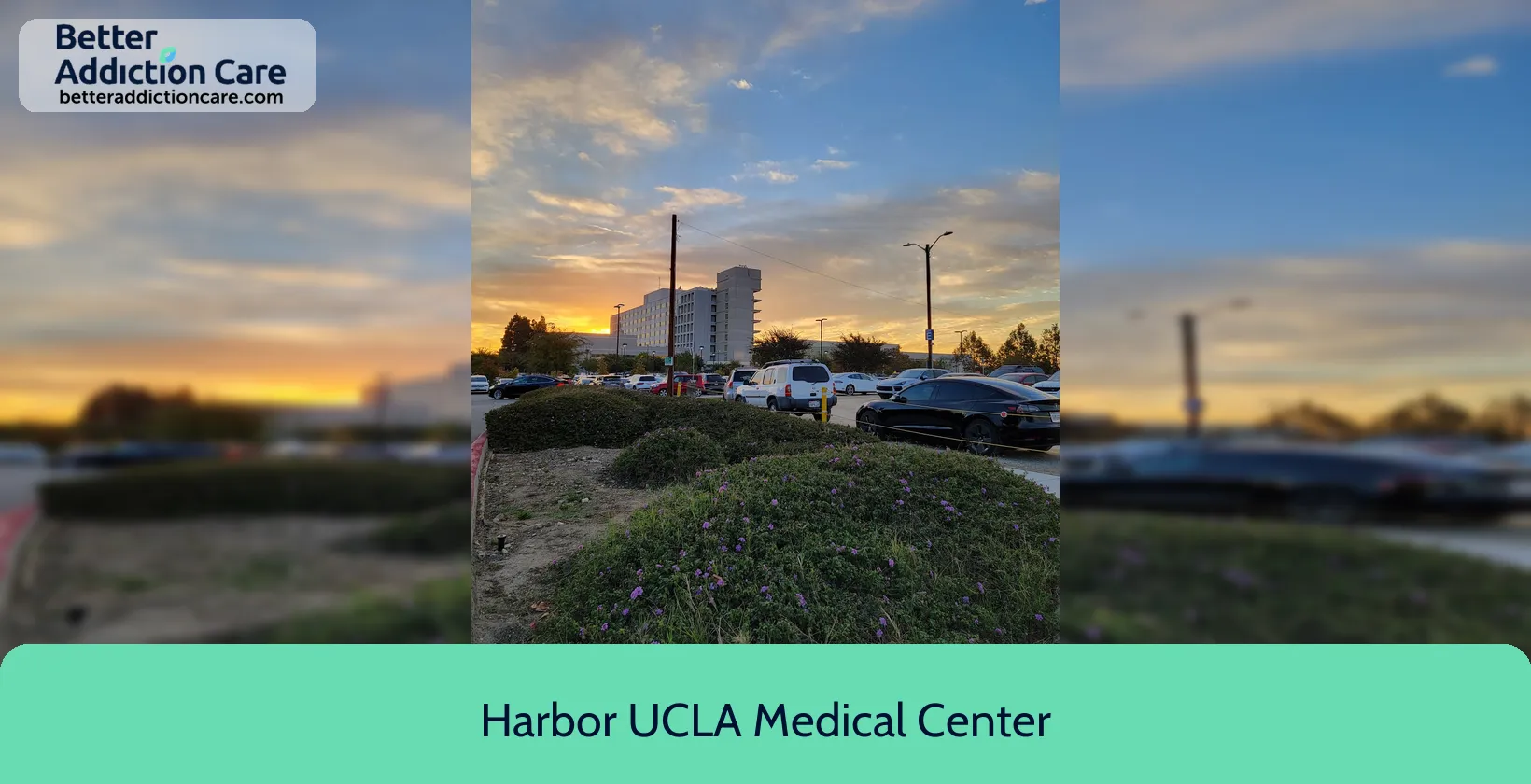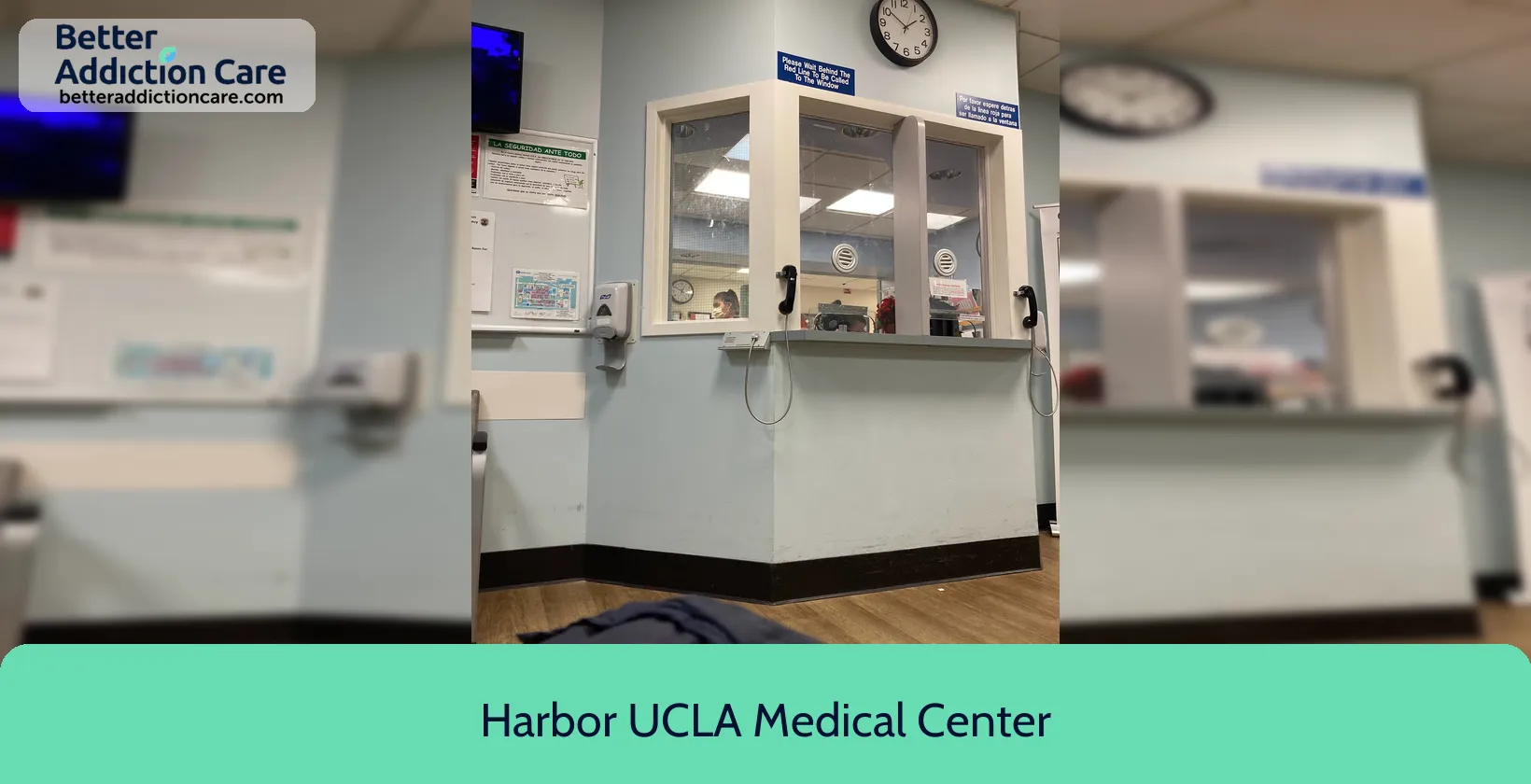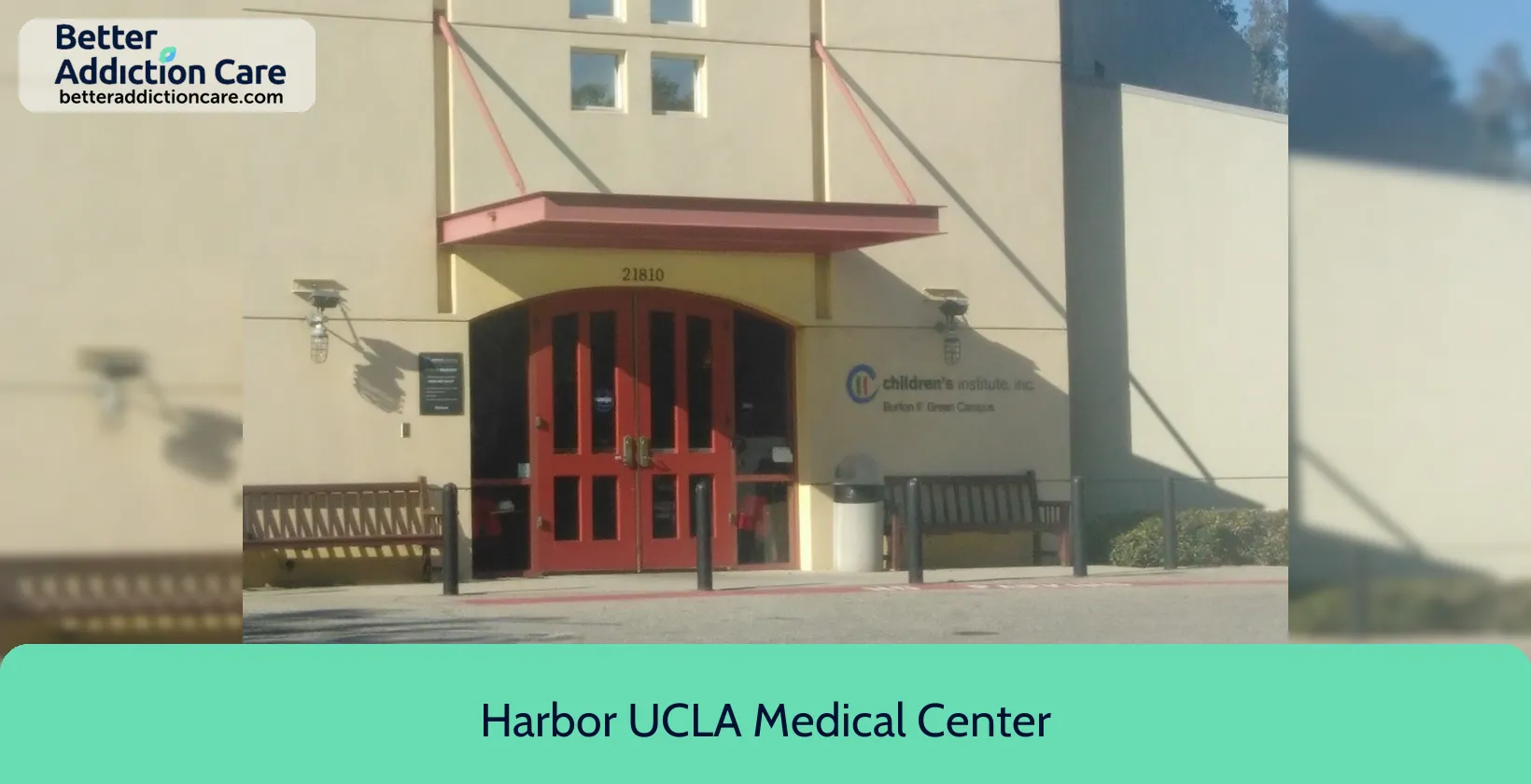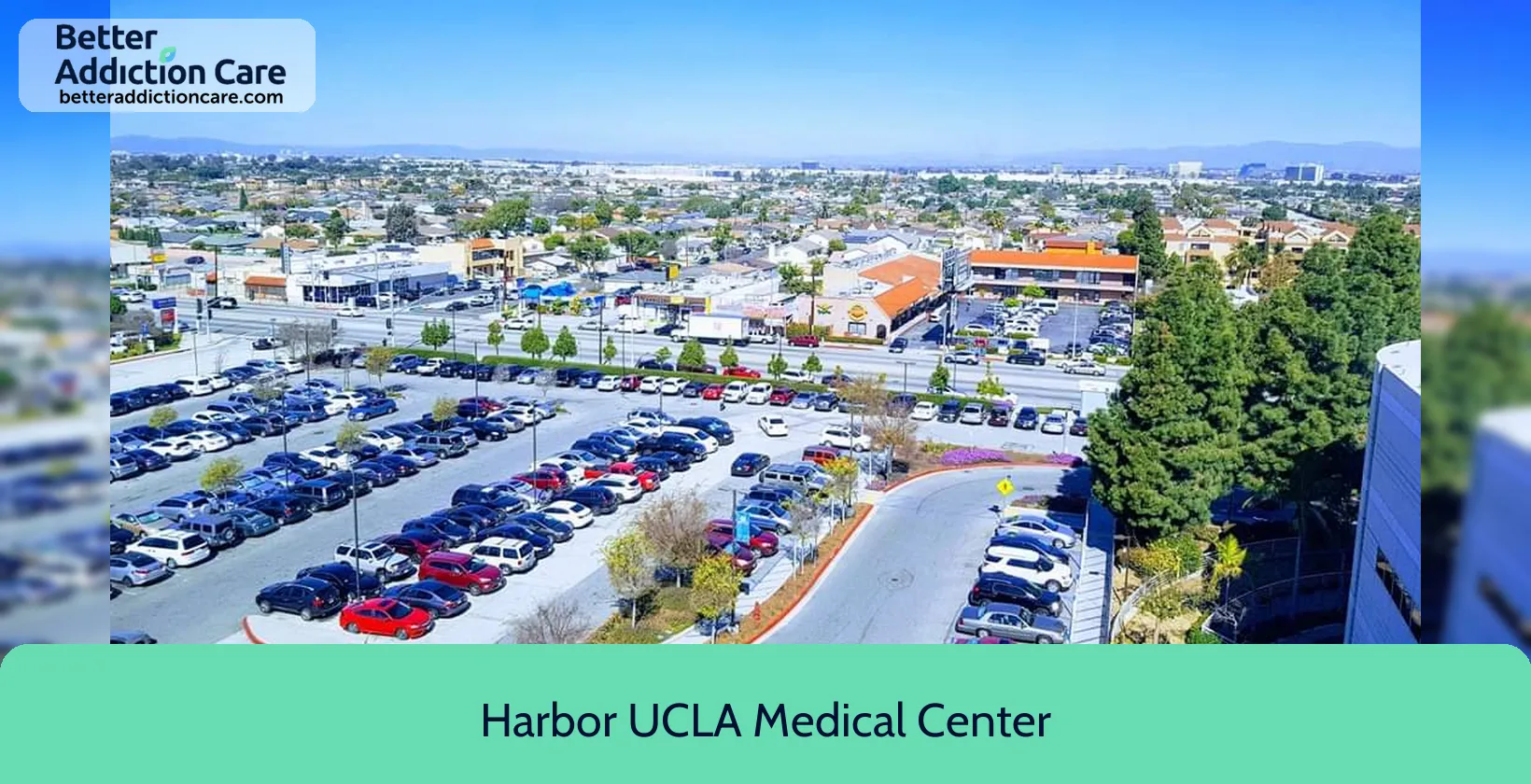Harbor UCLA Medical Center
Overview
Harbor UCLA Medical Center is an substance abuse treatment center that provides inpatient and outpatient treatment for men and women from 18+ years of age. As part of their special programs, Harbor UCLA Medical Center To help patients achieve sobriety, Harbor UCLA Medical Center provides intake assessments. Afterward, patients receive family counseling, cognitive behavioral therapy, and dialectical behavior therapy during treatment. Harbor UCLA Medical Center is located in Torrance, California, providing treatment for people in Los Angeles County, accepting county or local government funds, medicaid, and other state funds.
Harbor UCLA Medical Center at a Glance
Payment Options
- County or local government funds
- Medicaid
- Other State funds
- Private health insurance
- Cash or self-payment
Assessments
- Comprehensive mental health assessment
- Comprehensive substance use assessment
Age Groups
- Adults
- Young adults
Operation
- State government
Highlights About Harbor UCLA Medical Center
6.68/10
With an overall rating of 6.68/10, this facility has following balanced range of services. Alcohol Rehabilitation: 8.00/10, Drug Rehab and Detox: 6.00/10, Insurance and Payments: 6.00/10, Treatment Options: 6.73/10.-
Alcohol Rehabilitation 8.00
-
Treatment Options 6.73
-
Drug Rehab and Detox 6.00
-
Insurance and Payments 6.00
Treatment At Harbor UCLA Medical Center
Treatment Conditions
- Mental health treatment
- Substance use treatment
- Co-occurring Disorders
Care Levels
- Outpatient
- Hospital inpatient treatment
Treatment Modalities
- Family counseling
- Cognitive Behavioral Therapy
- Dialectical Behavior Therapy
- Electroconvulsive Therapy
- Nicotine replacement
Get Help Now
Common Questions About Harbor UCLA Medical Center
Contact Information
Other Facilities in Torrance

6.62

6.56

6.87
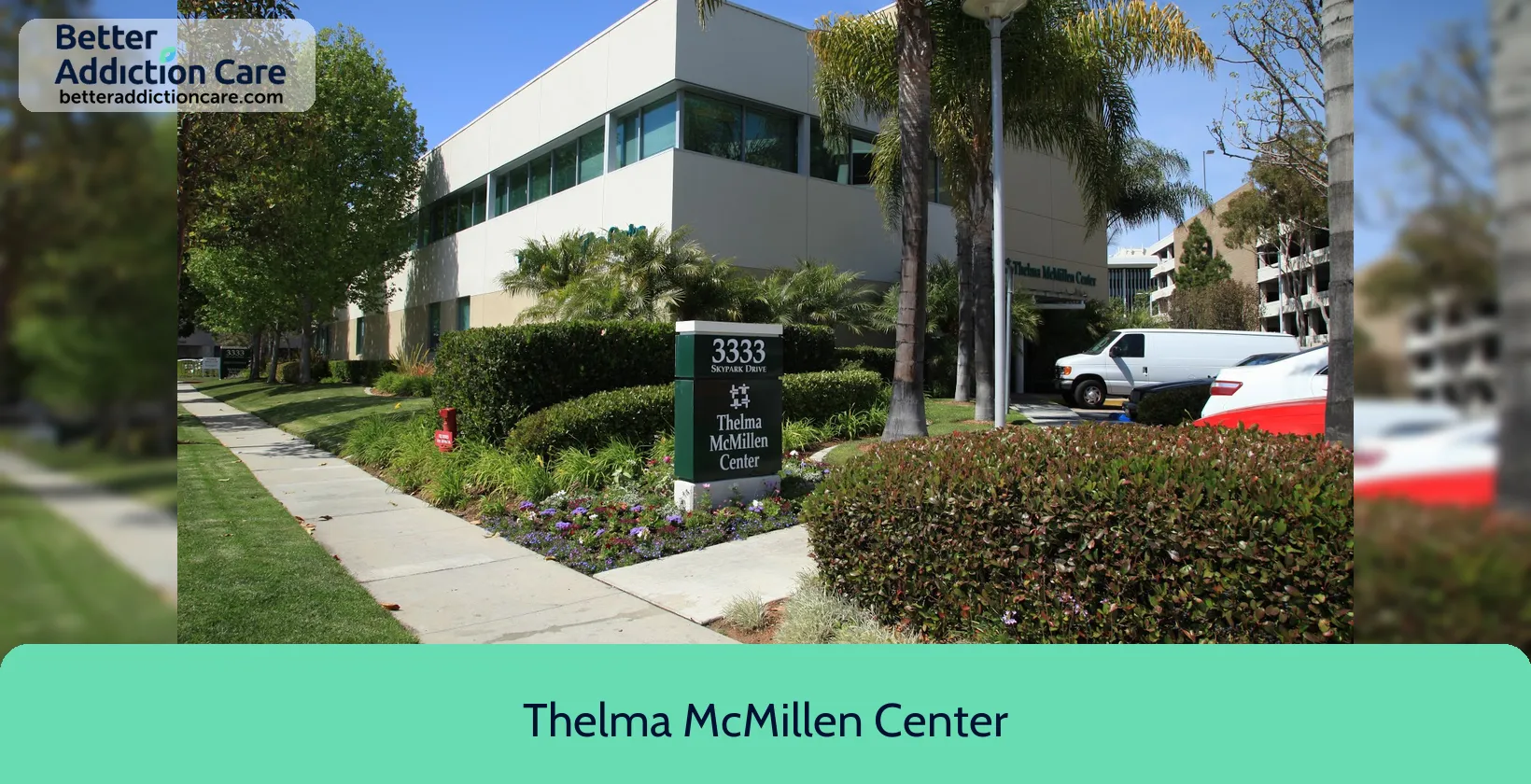
6.84
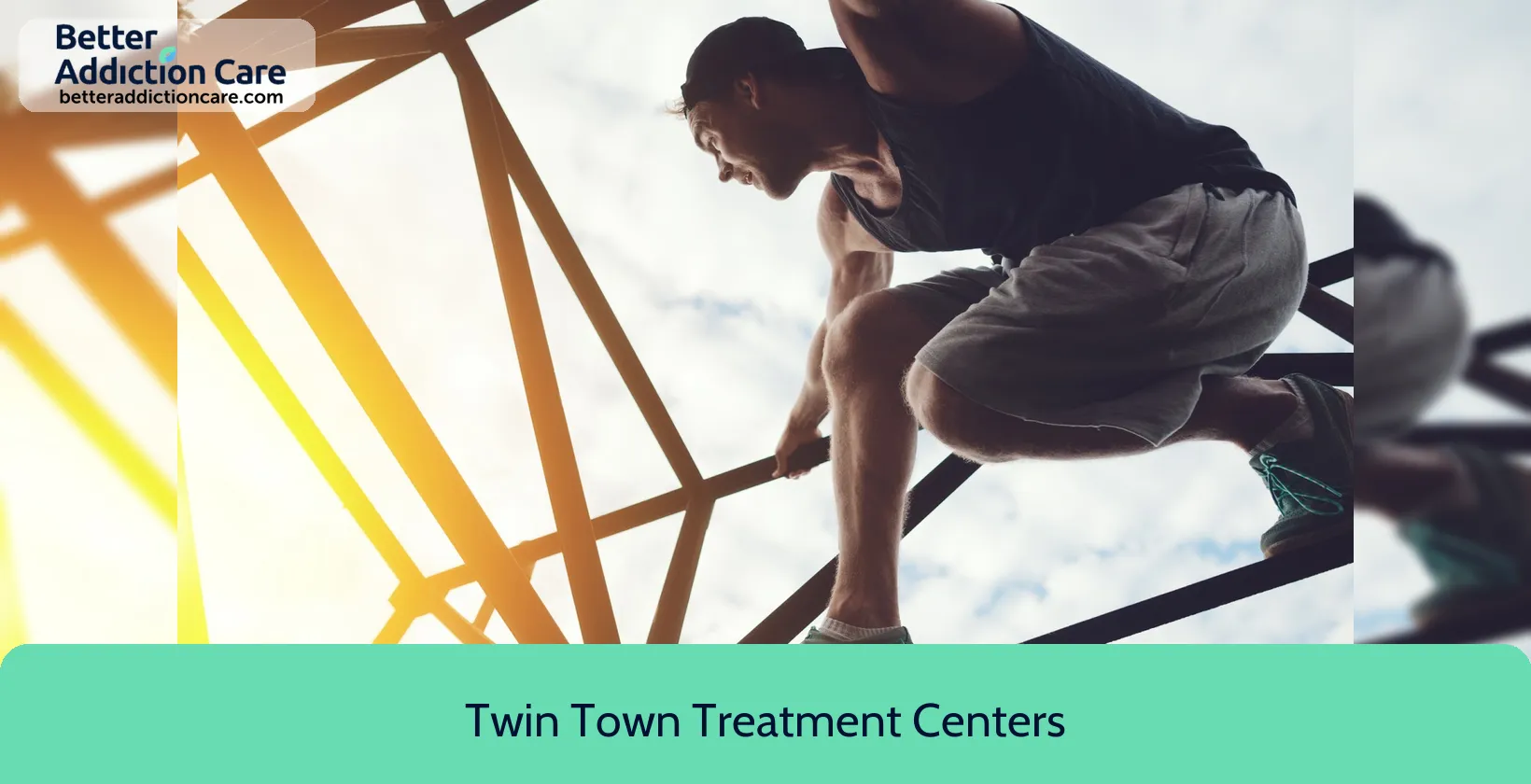
6.62
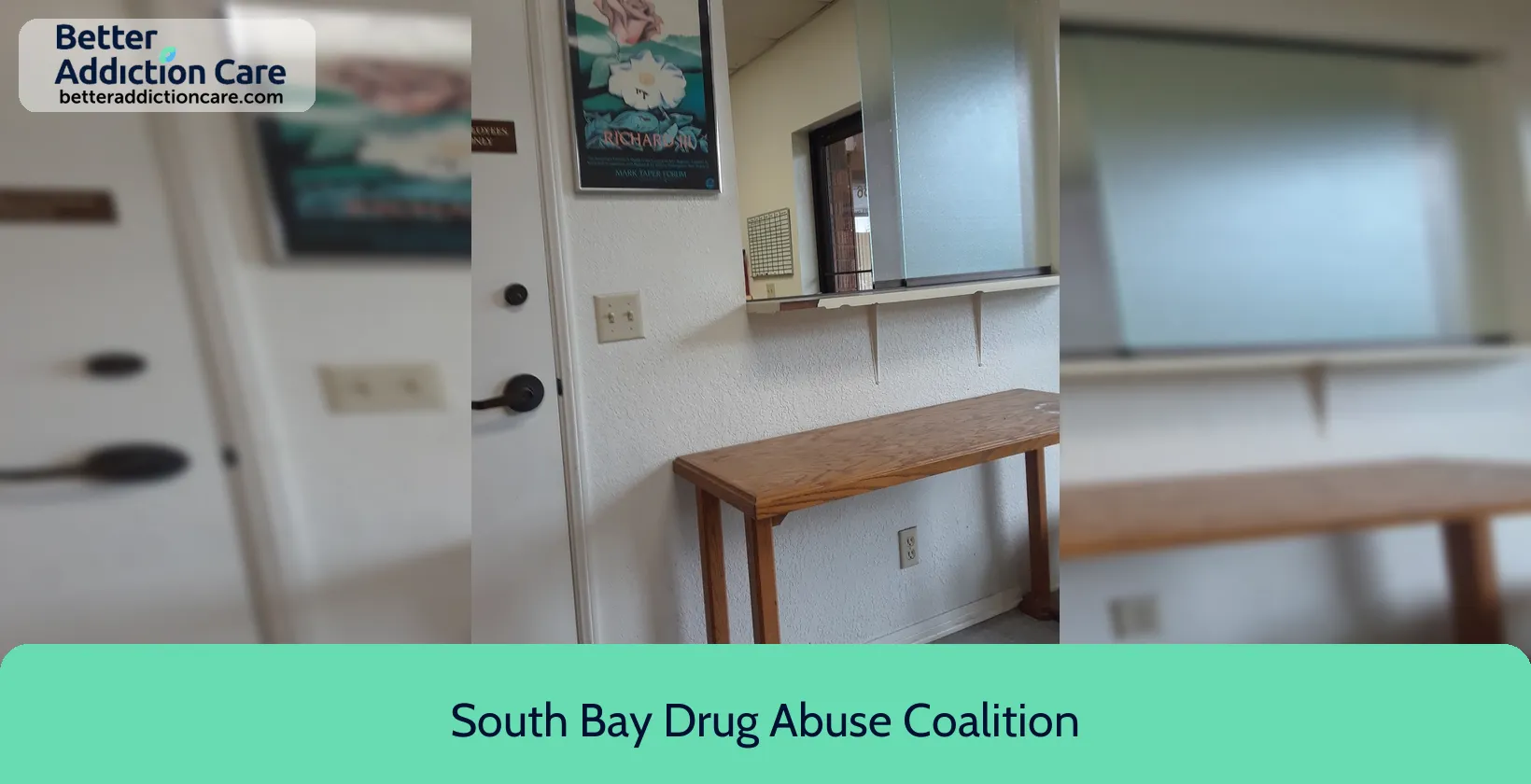
6.82
DISCLAIMER: The facility name, logo and brand are the property and registered trademarks of South Bay Drug Abuse Coalition, and are being used for identification and informational purposes only. Use of these names, logos and brands shall not imply endorsement. BetterAddictionCare.com is not affiliated with or sponsored by South Bay Drug Abuse Coalition.
